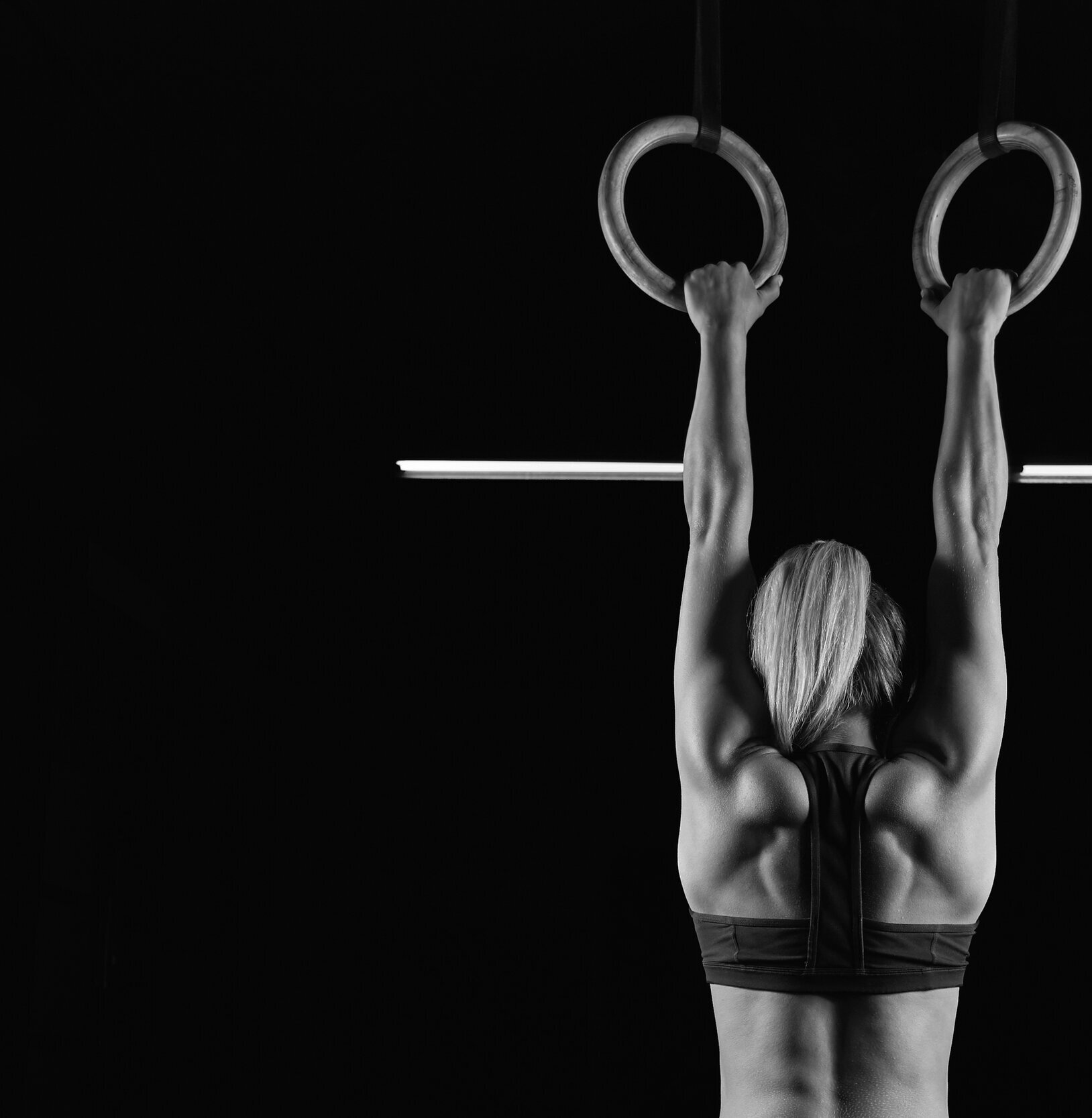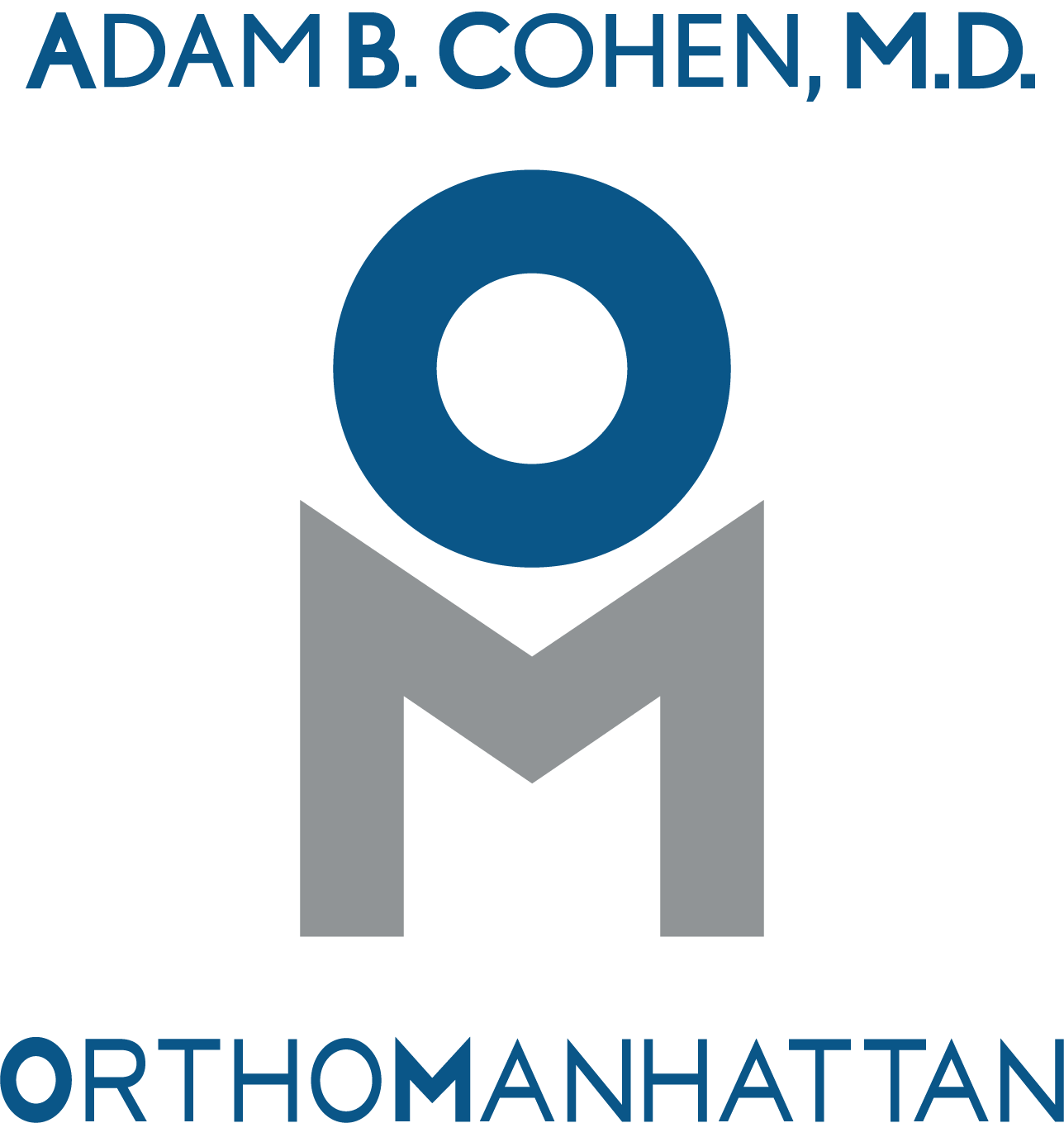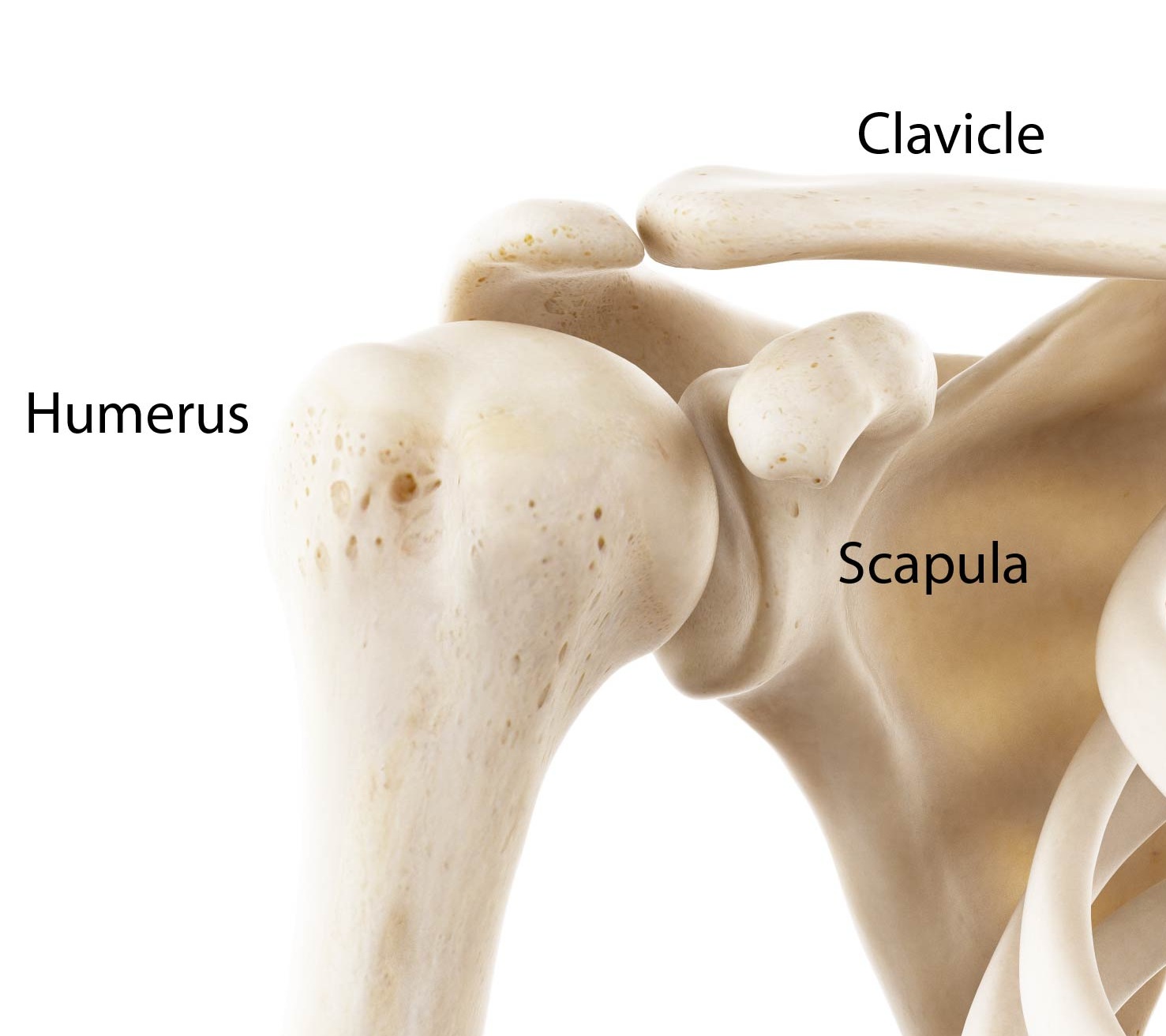Rotator Cuff Tears
Overview
The humerus (upper arm bone), the scapula (shoulder blade) and the clavicle (collar bone) join together at the upper part of the arm to form the shoulder joint.
The shoulder is a ball and socket joint and proper movement of the shoulder joint is dependent on an intact rotator cuff.
What is the rotator cuff?
The rotator cuff is a group of four tendons that attach to the top of the humerus. The four tendons - the supraspinatus, infraspinatus, subscapularis and teres minor — act together to help move the shoulder and provide strength.
The rotator cuff, when torn, is a source of pain and weakness which can impact daily activities and disrupt sleep.
The rotator cuff can tear after an injury - for example after a fall or when lifting something heavy. There is also an increased likelihood of tearing of the rotator cuff tendons as we age, even with no traumatic event.
Most tears occur in the supraspinatus tendon, but other parts of the rotator cuff may also be involved.
There are many different types and sizes of rotator cuff tears and treatment recommendations will depend on multiple factors.
Evaluation
How is a rotator cuff tear diagnosed? Evaluation starts with a thorough history of the onset of symptoms - Was there an injury? Did the pain and weakness begin without any notable event?
An examination can help determine if the rotator cuff is the cause of the symptoms or possibly another shoulder condition that does not involve tearing of the rotator cuff. There are many rotator cuff injury tests that your orthopedist or sports medicine specialist will perform to evaluate the integrity of the rotator cuff including the Drop Arm Test, Supraspinatus Strength Test, Belly-Press test and external rotation stress testing.
X-rays of the shoulder are part of the normal evaluation of shoulder pain and can give clues to help establish the diagnosis.
Ultrasound and MRI can confirm the diagnosis and help guide treatment.
Treatment
Treatment will depend on many factors. Factors include symptoms, cause of tear, type of tear, extent of tear, age, activity level and overall health. The focus of treatment for rotator cuff injury is pain relief, restoration of function and strength improvements.
Partial Rotator Cuff Tears
A trial of conservative management of partial thickness tears is recommended in most cases, which may include oral anti-inflammatory medications and physical therapy. Your physician may also recommend a cortisone injection or PRP injection to help provide pain relief.
Partial thickness tears can worsen over time and develop into full thickness tears. Spontaneous healing of partial thickness rotator cuff tears is rare.
Partial rotator cuff tears that are painful and fail to improve with nonoperative treatment may require surgical repair.
Full Thickness Rotator Cuff Tears
There are two general categories of full thickness tears. Traumatic tears and degenerative tears.
Traumatic tears occur following an injury, such as falling on to an outstretched arm or when rapidly lifting something heavy.
Degenerative tears occur over time from repetitive stress. As we age, the blood supply to the rotator cuff that provides nutrients to keep the tendon healthy diminishes. This predisposes to tearing. In fact, after the age of 60, 1 in 4 people will have a full thickness tear and over half of people will have a tear after the age of 80. Importantly however, many of those with tears will have no symptoms.
Surgery is recommended for traumatic full thickness tears in most cases. Surgery is also recommended for active individuals who participate in overhead sports or whose occupation requires overhead activity.
Conservative treatment for degenerative tears as an initial treatment is an option. However if those tears remain symptomatic then surgery may be indicated. Conservative treatment includes physical therapy and oral anti-inflammatory medications which can significantly help with pain relief. Cortisone injections may pose a risk if surgery is planned, as it may increase risk of infection after surgery.
Surgery is recommended for painful degenerative full thickness rotator cuff tears that do not respond to conservative treatment. The type of surgery and success of the surgery will depend on several factors and should be discussed with your surgeon.
In general, most rotator cuff tears are treatable with arthroscopic rotator cuff repair. Massive, chronic tears are not always treatable with repair. In circumstances when the tear is not repairable, other options exist, including superior capsular reconstruction and reverse total shoulder arthroplasty.
Frequently Asked Questions
Why does the rotator cuff tear?
There are a number of factors that cause the rotator cuff to tear. But, in general there are two main reasons why the rotator cuff tears - trauma and degeneration.
A traumatic tear occurs from an acute injury - for example lifting something too heavy or falling onto an outstretched arm.
A degenerative tear occurs over time and is the result of 1) diminished blood supply to the tendon (a normal function of aging) and 2) repetitive stress.
Can a rotator cuff tear heal without surgery?
Treatment of rotator cuff tears is focused on relieving pain and restoring strength. Many rotator cuff tears can be treated without surgery. Anti-inflammatory medications, steroid injections, and physical therapy can treat the symptoms of a cuff tear but most rotator cuff tears cannot heal on their own.
When should I have my rotator cuff tear fixed?
Surgery is recommended if you have persistent pain, weakness or difficulties sleeping that fails to improve with conservative treatment. Surgery is also recommended in traumatic tears and those who need their shoulder for overhead activities at home, work or sports. Repair of the rotator cuff tear provides excellent pain relief.
Ignoring a large painful tear may make treatment more difficult in the future. This is because the muscles of the rotator cuff may atrophy over time which will limit the surgical options. Please discuss with your surgeon the risks of both operative management and the risks of nonoperative management.
Can a PRP injection help me with my rotator cuff tear?
Can PRP help my rotator cuff tear heal? The answer is — we don’t know. Current research is mixed on this question.
A recent study published in the February 2019 issue of Medicine and Science in Sports and Exercise, a peer reviewed journal published by the American College of Sports Medicine concluded that injections of PRP every week for 4 weeks helped to reduce symptoms and to heal small to medium partial thickness rotator cuff tears. Their conclusion was based on standard shoulder scoring tests and MRI findings one year post-intervention.
Another recent study, a systematic analysis of multiple high quality studies, published in the 2019 May issue of Arthroscopy, concluded that “the currently limited available evidence on PRP for nonoperative treatment of chronic rotator cuff disease suggests that in the short term, PRP injections may not be beneficial”.
More research is needed to help define the best utilization of orthobiologics in the treatment of rotator cuff disease

Dr. Cohen is—hands down—the best doctor I have ever seen, you can rest assured that I have a very solid basis of comparison! Not only is he a very skilled surgeon, but what sets him apart from the rest is his exceptional empathy and bedside manner. His staff are also extremely kind and attentive. He operated on my left shoulder about 7 years ago. When I needed surgery on the other one, it never even crossed my mind to go to anyone other than Dr. Cohen. Highly educated and skilled physicians are not that hard to find but coming across one who truly cares about the patients and demonstrates that care in the way he or she treats the patients, as does Dr. Cohen, is a rarity these days.







